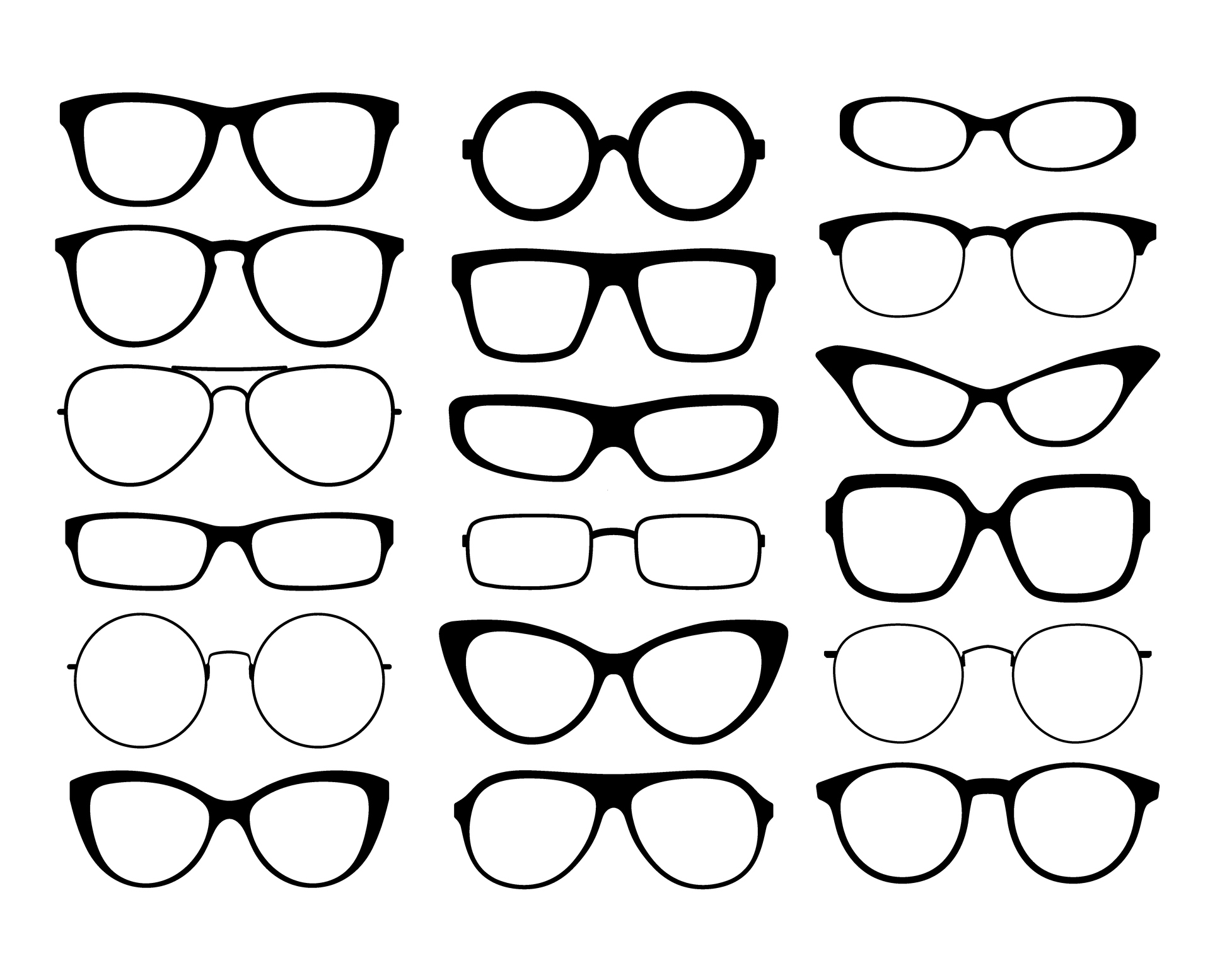Most of us never imagined that a routine trip to the grocery store or pharmacy would require the regular use of face masks, possibly even gloves and definitely plenty of handwashing and sanitizing. For contact lens wearers, it may also be wise to switch back to glasses to help prevent the spread of COVID-19.
Touching your face, especially your eyes, nose and mouth, is one of the ways the coronavirus can be contracted if hands have touched a contaminated surface. The American Academy of Ophthalmology suggests that wearing glasses more often, especially if you touch your eyes often while wearing contact lenses, can reduce the risk of coronavirus infection. Contact lens wearers touch their eyes more than the average person.
Wearing glasses can also help shield your eyes from respiratory droplets that could carry infection; it’s not perfect since the sides are exposed but when combined with a mask, glasses offer some protection. Safety goggles are a better bet if you are caring for a sick loved-one at home.
People with dry eye or seasonal allergies should stock up on medication and consider using moisturizing drops to reduce the urge to rub or itch the eyes. Any drops or lenses should be applied only after washing hands thoroughly first with soap and water for 20 seconds and again afterward. Eye makeup may also irritate eyes that are dry or itchy. Use a tissue if you must rub or wipe your eyes and discard, washing hands after.
Although it is not a confirmed symptom, a recent Chinese study suggests that many people who contract COVID-19 also experience eye problems including pink eye or conjunctivitis. Allergic conjunctivitis will usually affect both eyes and be a seasonal problem while viral pink eye is more of an isolated incident that causes burning, red-eye and usually a watery discharge. Talk with your doctor if you have the latter symptoms along with coronavirus symptoms including fever, cough, shortness of breath, trouble breathing, bluish lips or face, chest pain or pressure, extreme fatigue, loss of smell or taste or new state of confusion.
Stay safe and stop touching your face!






Add Your Voice
0 Comments
Join the Discussion